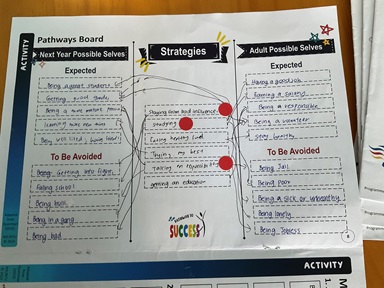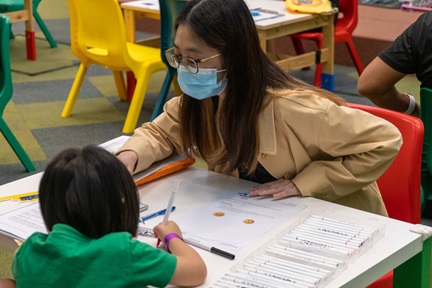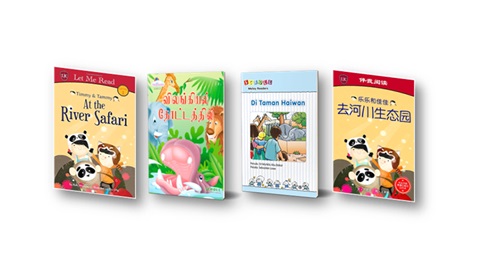The Children’s Wellness Inventory - A New Tool for Student Well-being
OER 28/22 MSK - Are our children feeling good and functioning well? Examining student well-being using a multi-dimensional approach
“The Children’s Wellness Inventory (CWI) offers schools a powerful tool to holistically assess and support students' well-being across all areas of their lives, ensuring no child is left behind.”
Mrs Goh Hean Mei, HOD Science, Radin Mas Primary School (Collaborator)
Project Team
PI: Dr Munirah Shaik Kadir, CRPP, NIE
Co-PI: Dr Imelda Santos Caleon, SoLEC, NIE
Co-PI: Associate Professor Isabella Wong Yuen Fun, PCHD, NIE
Co-PI: Assistant Professor Zhu Gaoxia, LSA, NIE
Collaborator: Mrs Goh Hean Mei, Radin Mas Primary School
Project Description
Project Implications
Findings from the study highlighted the importance of assessing children's well-being across multiple domains, including general, home, and school settings. The Children’s Wellness Inventory (CWI) has proven to be an effective tool in identifying key areas of strength and those needing support. The study highlighted the role of schools and families in fostering positive well-being, with family support and peer relationships emerging as crucial factors.
Recommendations for Schools:
- Utilise the CWI to regularly assess student well-being across general, home, and school contexts, enabling schools to identify at-risk students early and tailor support accordingly.
- Develop targeted intervention programs focused on enhancing family engagement and peer relationships, which are key determinants of children's well-being.
- Integrate well-being into the school curriculum by incorporating activities and lessons that promote emotional literacy, resilience, and positive peer interactions.
- Empower teachers with professional development on student well-being, enabling them to recognize signs of distress and provide timely support to students.
Resources
Interview with the PI: https://www.ntu.edu.sg/nie/news-events/news/detail/researcher-in-the-spotlight-dr-munirah-shaik-kadir-education-research-scientist-centre-for-research-in-pedagogy-and-practice-office-of-education-research
SingTeach Article
Presentation
- Kadir, M. S., Caleon, I. S., Chua, Y. Z., Zhu, G., & Chan, H. M. (2024) Are our children feeling good and functioning well? Examining student well-being using a multi-dimensional approach. Redesigning Pedagogy International Conference 2024.






.tmb-listing.jpg?Culture=en&sfvrsn=b0306905_1)